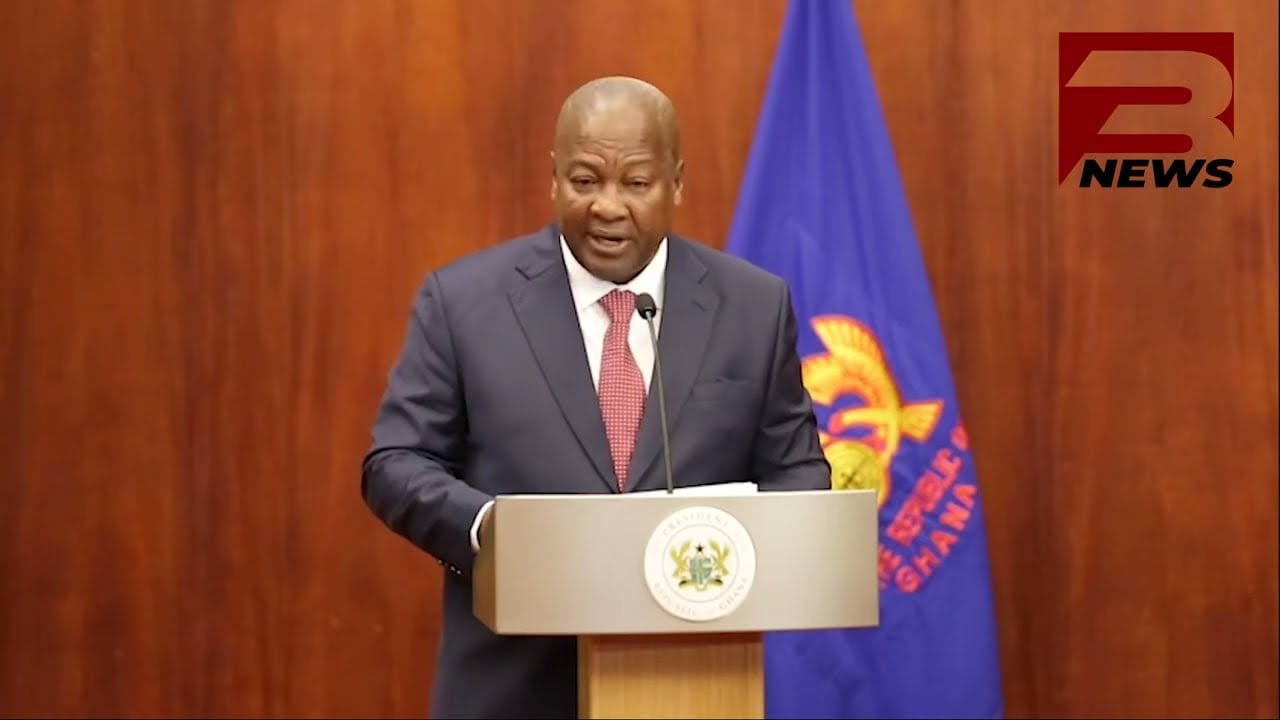
By Kingsley Webora TANKEH
The Minister of Education, Haruna Iddrisu, has indicated that government has not completely ruled out funding the proposed Technical and Vocational Education and Training (TVET) dedicated Fund with a new tax on businesses.
However, he revealed that the fund will utilise existing skills financing streams and strategic allocations from national revenue to complement the tax.
This was captured in a speech read on behalf of the education minister at the second National Roundtable for Private Sector Engagement in TVET, organised by the Commission for Technical and Vocational Education and Training (CTVET) in partnership with GIZ.
Speaking at the dialogue, a representative of the education minister emphasised: “For the avoidance of doubt, this fund will not only introduce a new tax on industry; we are committed to ensuring that the TVET fund is capitalised through realigning existing financial funding sources”.
Acknowledging private sector concerns over additional financial burdens, the minister stated that the plan involves better coordination of existing skills financing streams to create a “ring-fenced” pool of money, thereby lessening the burden on an already tax fatigued public.
Mr. Iddrisu expressed government’s commitment to supporting TVET in Ghana. He said this Fund will not only enhance the capacity of training institutions but also support industry-led training initiatives through programmes like the Ghana Skills Development Initiative.
However, he appealed for the private sector to broaden partnerships with TVET institutions and churn out industry-ready graduates – framing skills development as a strategic investment, not charity.
“The future of your company, your industry and indeed the national economy depends on the quality and relevance of the skills we produce. I am urging you to open your doors wider than ever to internships and apprenticeships. I am calling on you to be deeply involved in shaping our curriculum,” the MP for Tamale South declared.
TVET is a key component of the country’s education and skills development strategy, designed to equip learners with practical skills, knowledge and an aptitude for entrepreneurship to reduce youth unemployment and improve productivity.
However, the perception of TVET as a last resort for academically weak students, inadequate funding for equipment and infrastructure and limited collaboration between training providers and industry continues to stifle the sector’s growth.
In view of this, government will establish a dedicated T-VET fund to provide long-term, predictable resources for training institutions and industry collaboration, aiming to create a sustainable pipeline of skilled workers for industry. The Fund aims to tackle the skills gap and provide resources to a sector that is challenged with outdated facilities lacking modern tools, shortage of qualified instructors and limited opportunities for continuous professional development. It also aims to strengthen collaboration between training institutions and industry.
The minister stated that the fund is a component of a new comprehensive national TVET policy scheduled for presentation to Cabinet soon. He said the policy will enshrine industry collaboration as a “non-negotiable component” of skills development in Ghana.
Policy Advisor for the German Embassy Chantal Kristin Lahmer highlighted the EU and German-funded Pact for Skills project, which facilitated 146 partnerships between companies and TVET institutions – aiding 977 learners to acquire workplace experience.
The Commission for TVET (CTVET) Director-General, Mr. Zakaria Sulemana, underscored the relevance of a workable partnership with the private sector and the Fund, stressing that: “Industry is not only a partner in TVET; you are the starting point and the final destination”. He noted that a sustainable financing model such as the Fund seeks to provide is essential to move from ad-hoc projects to an “embedded feature of our skills ecosystem”.
He highlighted the establishment of 16 Sector Skills Bodies (SSBs) as critical platforms for this collaboration, but called for more active industry leadership to transform them from advisory groups into influential “decision-making hubs”.
The post Gov’t mulls over new tax for TVET Fund appeared first on The Business & Financial Times.
Read Full Story




















Facebook
Twitter
Pinterest
Instagram
Google+
YouTube
LinkedIn
RSS